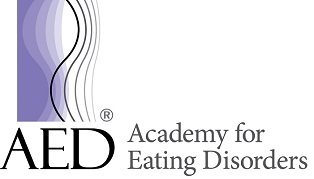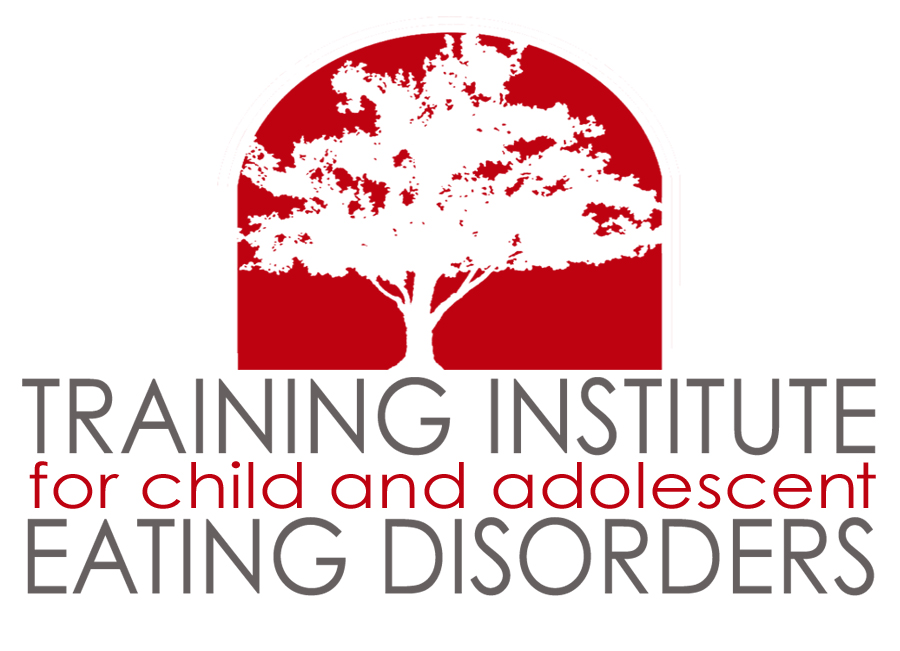What is Body Dysmorphia?
Body dysmorphia is a recognized mental health concern listed in the Diagnostic and Statistical Manual of Mental Disorders. It falls under the category of obsessive-compulsive and related disorders, indicating its recognition by medical and mental health professionals. The American Psychiatric Association defines body dysmorphic disorder by the following characteristics:
- Being preoccupied with one or more perceived flaws in a person’s physical appearance, which is not visible to others
- At one point, or many points, during their struggle with this disorder, the individual has performed repetitive behaviors or mental acts related to their perceived concern. This can include mirror checking, skin picking, excessive grooming, and comparing their appearance against others.
- The person’s preoccupation with their perceived flaws causes them distress or impairs their ability to function in social, work, or other important areas of their life.
- The individual does not meet the criteria for another eating disorder
In addition to the diagnostic criteria, personalization options can be added to the diagnosis of body dysmorphic disorder. One option is the specifier of preoccupation with body build and muscles, where individuals may feel they lack sufficient muscles in various body areas. Another specifier relates to the level of insight, ranging from recognizing that their beliefs are not true to complete disbelief in any evidence contradicting their beliefs. (American Psychiatric Association, 2013)

Who Can Struggle With Body Dysmorphia?
According to the American Psychiatric Association, 2.4% of U.S. adults and about 1.7%-1.8% of adults in similar-sized countries experience body dysmorphia. This mental health issue is more prevalent among dermatology, cosmetic surgery, and orthodontic patients. Muscle dysmorphia, more common in males, often comes with distorted perceptions of skin or hair. Typically, body dysmorphia symptoms begin between ages 12 to 13, with 2/3 of sufferers experiencing symptoms before 18. Risk factors for body dysmorphia include childhood abuse, neglect, and having family members with obsessive-compulsive disorder.
How Does Body Dysmorphia Differ From Eating Disorders?
Body dysmorphia, while similar to eating disorders like anorexia and bulimia, differs in key ways. Research indicates those with eating disorders often focus on weight and body shape, whereas body dysmorphia can involve varied body and appearance concerns (Rosen, J. & Ramirez, E., 1998). A distinguishing feature of body dysmorphia is repetitive behavior linked to perceived flaws, not seen in eating disorders. However, both groups exhibit severe body image issues compared to individuals without such mental health concerns.

How We Treat
If you or a loved one are dealing with body dysmorphia, consider seeking treatment in your area. Resilience DBT & Eating Recovery, an outpatient therapy team in New Jersey, Florida, and Maryland, offers services for a range of mental health issues, including body dysmorphia, depression, anxiety, eating disorders, trauma, self-harm, and inhibited grief, across all age groups.
Our Treatment Methods
effective recovery is one step away
The Resilience DBT & Eating Recovery Program offers expert assessment and evidenced-based treatment for the full range of eating disorders and body image problems. We are experienced and certified to treat pediatric, adolescent, and adult eating disorders with boys and girls, and with men and women. We are trained to recognize the biological and brain-based underpinnings of eating disorders and utilize the Evidenced-Based treatments – Family-Based Therapy (FBT) or Maudsley Approach, CBT-E, and DBT for Eating Disorders. Parents are always included as an essential and an integral part of a child or teen’s recovery from an eating disorder.
FAMILY BASED TREATMENT (FBT)
Family-Based Treatment (FBT) stands as the gold standard for addressing eating disorders in children and adolescents, particularly for early-onset cases of anorexia, bulimia, and ARFID (Avoidant Restrictive Food Intake Disorder). FBT is now recognized as the first line of treatment.
This approach places parents at the forefront of their child’s re-nourishment and weight restoration process, guided by a certified FBT practitioner and in collaboration with an outpatient pediatrician or adolescent medicine specialist. The child or adolescent, alongside their parents, undergo a thorough screening to ensure their suitability for this protocol, which is conducted in the least restrictive environment – the comfort of your home!


Cognitive Behavioral Therapy (CBT-E)
At Resilience Therapy, we specialize in Cognitive Behavioral Therapy Enhanced (CBT-E) to support children, teens, and adolescents struggling with eating disorders. Our compassionate and highly skilled therapists are dedicated to helping your loved ones develop resilience and overcome challenges associated with various eating disorders, such as anorexia nervosa, bulimia nervosa, binge-eating disorder, and other specified feeding or eating disorders (OSFED).
We understand that each individual’s experience is unique, and that’s why our approach to CBT-E is tailored to meet the specific needs of our clients across all age groups. Our therapy sessions are time-limited, structured, and goal-oriented, typically involving individual sessions with a therapist.
Dialectical Behavior Therapy for Eating Disorders (DBT-ED)
Dialectical Behavior Therapy for Eating Disorders is an eating disorder treatment we use for adults who struggle with co-occuring mental health issues and an eating disorder.
DBT-ED is the treatment of choice for individuals that struggle with co-occurring mental health issues in addition to the eating disorder; such as depression, anxiety, suicidal ideation or PTSD. This comprehensive treatment method addresses the complexity of these mental health issues, in concert, prioritizing the most dangerous symptoms first. DBT Skills Training is excellent method for follow-up Aftercare and Relapse Prevention after a residential or intensive Eating Disorder treatment program.


Expressive Arts Therapies
Expressive Arts therapies are powerful and effective modalities in the treatment of eating disorders. Unexpressed emotions and thoughts out of awareness, interfere with true recovery. Art Therapy, Dance/Movement Therapy, music, and psychodramatic role-play make emotions, bodily-felt sensations, and cognition more accessible. Once emotions and thoughts are accessible, one can better utilize the problem solving methods in CBT and DBT.
How We Treat
Explore the benefits of an evidence-based approach to therapy
Family Based Treatment (FBT)
FBT, or the Maudsley approach, is a Gold Standard treatment. FBT is a culturally-sensitive method that keeps a child in their family environment.
Cognitive Behavioral Therapy (CBT-E)
We specialize in Cognitive Behavioral Therapy Enhanced (CBT-E) to support children, teens, and adolescents struggling with eating disorders
Comprehensive Dialectical Behavior Therapy (DBT)
Our compassionate and highly skilled therapists are dedicated to helping your loved ones develop emotional resilience, improve their self-esteem, and overcome challenges associated with various eating disorders.
How do I begin?
Our team is dually and expertly trained in the Treatment of Eating Disorders and DBT for Mental Health. Our Evidenced-Based approaches include FBT, CBT-E, DBT-ED, and Comprehensive DBT for co-occurring mental health conditions. Our outpatient practice has helped Children, Teens and Adults achieve full Eating Disorder Recovery and Mental Health Stability for over 25 years.
1
Schedule your 15 minute free phone consultation
This phone screening is highly confidential to help determine if coming to the Resilience practice is the best course for you or your loved one.
2
Complete an Expert and Comprehensive Intake
During your intake appointment we will gather more information to identify your stressors and needs. And work with you to develop your resilience treatment plan.
3
Get connected with Your Personalized Care Team
Meet with a practitioner to get started on your journey of healing and wellness you know you deserve.









